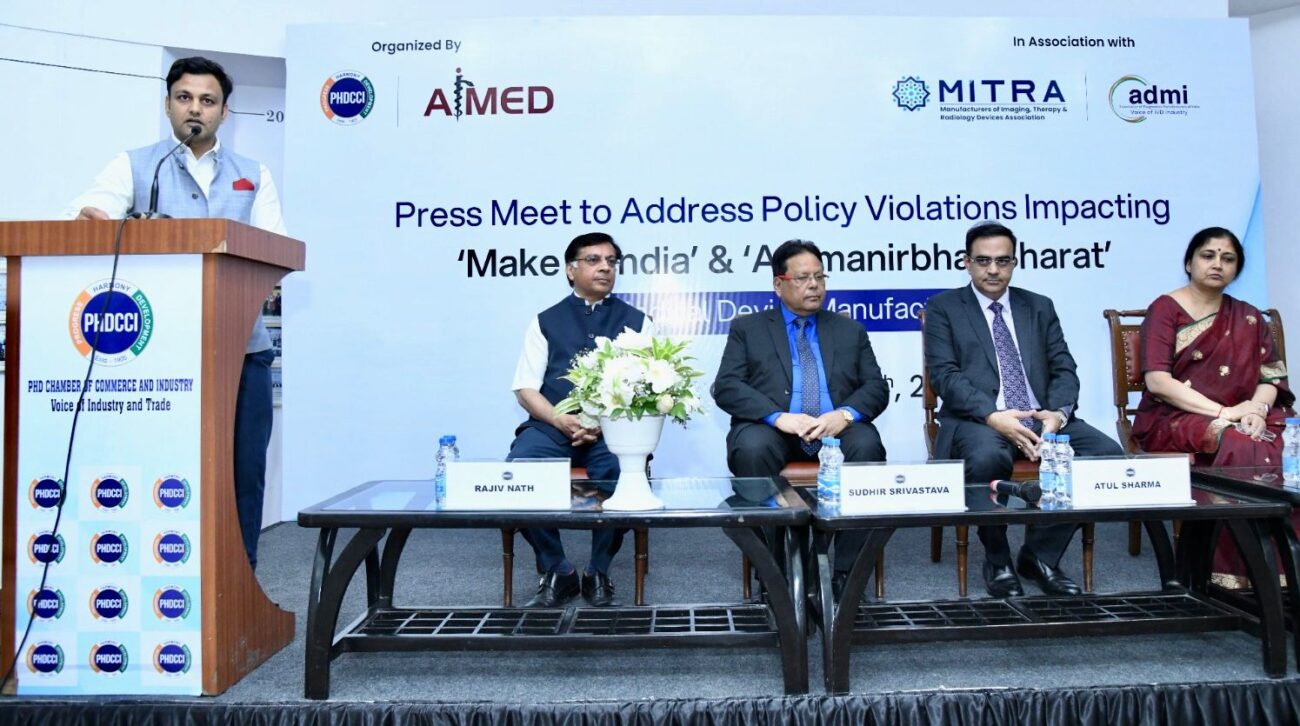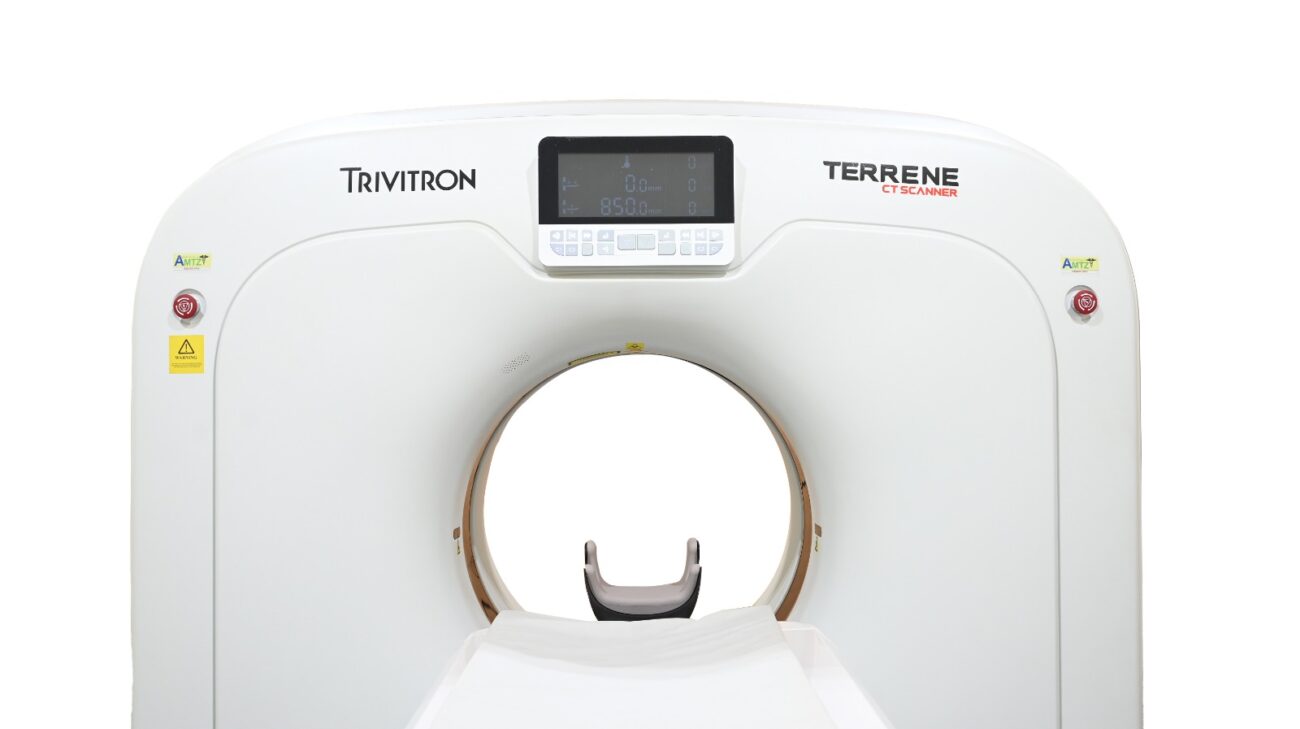Diagnostics Industry and its pivotal role in shaping the future of healthcare
Heman Vasavada, President, Trivitron Healthcare The Evolution of Diagnostics: From Reactive to Predictive Healthcare Traditionally the diagnostics industry operated on a reactive basis, where diseases were diagnosed after symptoms had become apparent. This approach while effective for

Heman Vasavada, President, Trivitron Healthcare
The Evolution of Diagnostics: From Reactive to Predictive Healthcare
Traditionally the diagnostics industry operated on a reactive basis, where diseases were diagnosed after symptoms had become apparent. This approach while effective for many conditions often led to delayed interventions with treatments being more complicated and less effective. However, the industry is undergoing a paradigm shift towards a more proactive and predictive model thanks in large part to advancements in genomics and biomarkers. Today, predictive diagnostics enable the early detection of diseases, often before symptoms appear, significantly improving the outcomes for patients. For example, genetic screenings can identify individuals at high risk for certain cancers, allowing for early intervention strategies that can dramatically alter the disease’s trajectory.
The Impact of Technological Advancements
The diagnostics industry is at the forefront of technological innovation in healthcare. Cutting-edge technologies such as next-generation sequencing (NGS), CRISPR-based diagnostics, and wearable health monitors are revolutionizing how diseases are detected and managed. NGS, for instance, offers unprecedented insights into the genetic underpinnings of diseases, facilitating the development of targeted therapies. Similarly, CRISPR technology, known for its gene-editing capabilities, is also emerging as a powerful tool for rapid and accurate disease detection.
Moreover, the integration of AI and ML into diagnostics is making it possible to analyse vast amounts of data from imaging, genetic testing, and electronic health records (EHRs) to identify patterns and predict health outcomes with remarkable accuracy. This capability is not only enhancing the efficiency and accuracy of diagnoses but also paving the way for personalized medicine, where treatments can be tailored to the individual characteristics of each patient.
The Role of Diagnostics in Preventive Medicine
The diagnostics industry is also a key player in the shift towards preventive medicine. By identifying diseases at their earliest stages—or even predicting their onset—diagnostics empower individuals to take proactive steps towards maintaining their health. This shift has significant implications for public health, potentially reducing the incidence of chronic diseases and easing the burden on healthcare systems worldwide.
Furthermore, preventive diagnostics are central to the concept of precision health, which seeks to optimize health and disease prevention through the consideration of individual variability in genes, environment and lifestyle.
Challenges and Opportunities
Despite its promise, the diagnostics industry faces several challenges. Regulatory hurdles, concerns over data privacy and security, and the need for substantial investment in research and development are among the most pressing issues. Additionally, the industry must navigate the complexities of integrating new technologies into existing healthcare infrastructures and ensuring equitable access to advanced diagnostic tools.
However, these challenges also present opportunities for innovation and collaboration. Partnerships between diagnostics companies, technology firms, healthcare providers, and policymakers are essential to drive the industry forward. Moreover, as the industry continues to evolve, there is a growing need for professionals with interdisciplinary skills, spanning science, technology, and data analysis, to develop and implement the next generation of diagnostic tools.
The diagnostics industry is undeniably shaping the future of healthcare, with the potential to improve outcomes, reduce costs, and make healthcare more personalized and proactive. As we continue to navigate the complexities of modern healthcare, the importance of diagnostics will only grow, making it imperative for all stakeholders to support and invest in this vital sector. By doing so, we can unlock the full potential of diagnostics to transform healthcare, making it more efficient, equitable, and effective for all.





